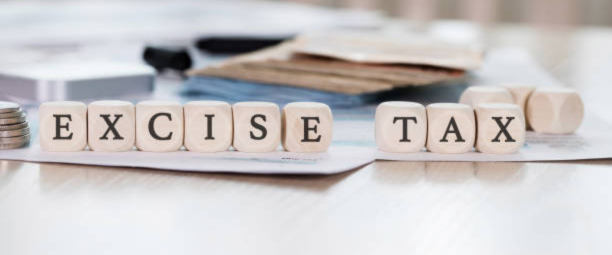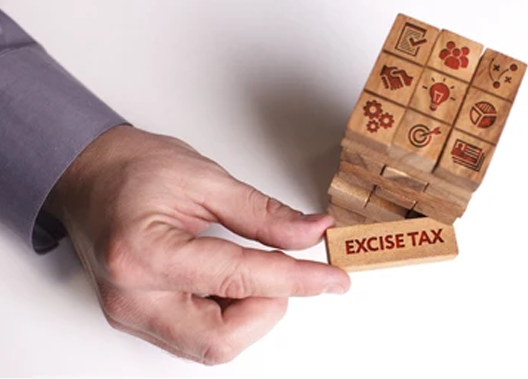
Excise Tax in UAE is an indirect tax. This means the financial burden of the tax is ultimately borne by the end consumer of the goods it applies to.
The system is consumption based, meaning any goods that are intended to be consumed in the UAE are subject to this tax.
For Indian businesses planning to operate in this sector, it’s important to know that Excise Tax was introduced in UAE on 1st October 2017.
The tax targets "Excise Goods" which are products that are harmful to human health or the environment.
At the time of introduction, the following goods were subject to excise tax at the rates mentioned below:
For Indian businesses entering the UAE market, it’s important to know that the main objective of UAE’s Excise Tax is to discourage consumption of products harmful to public health.
As per Federal Decree-Law No. 7 of 2017, any Indian business involved in the following activities is required to register for Excise Tax in UAE and comply with all the related regulations:
Importers who bring excise goods into the UAE.
Producers or manufacturers of excise goods in UAE.
Any business that stockpiles excise goods under certain conditions.
Warehouse keepers or operators who store excise goods.
Unlike VAT which has a specific revenue threshold for registration, UAE Excise Tax registration has no minimum turnover requirement. For an Indian business, this means you need to register as soon as you plan to do any of the above activities. The application for registration needs to be submitted through the EmaraTax portal which is managed by the Federal Tax Authority (FTA).
Legal documents of the company.
Identification documents of authorized signatory of the entity, shareholders or partners
Business details
List of Excise Goods the entity is dealing.
Bank Account details
Customs registration details, if applicable.
Details of any criminal, civil, or immigration offenses
The Excise Tax you need to calculate is either 50% or 100% depending on the product. This rate is applied on the retail selling price as determined by FTA or designated price whichever is higher.
Excise Tax returns in UAE are to be filed on a monthly basis. For your business, this means once a tax period ends you have 15 days to submit the tax return and pay the tax if any is due.
In cases where products that fall under the definition of 'Excise Goods' are not yet listed with FTA in UAE, an application needs to be made to add them to the list. For example, this would apply to a new prototype of an Electronic Smoking Device.

An importer pays excise tax when bringing raw tobacco into the UAE for manufacturing purposes. Since excise tax is also due on the final manufactured cigarettes, the tax already paid on the imported raw materials can be claimed as a refund.
Excise tax has already been paid on goods that are eventually exported to a market outside UAE. Since excise tax is based on consumption within the country, a refund is available for goods not consumed in the UAE.

For Indian businesses Flyingcolour® Tax Consultant and J N J Auditing LLC offers a range of services. This includes accounting and bookkeeping, tax services, auditing, Economic Substance Regulations (ESR) and anti-money laundering compliance, tax residency certificate, payroll management. We also offer excise tax services, other compliance support and virtual CFO services all delivered through our team of experts in a bundled and customized manner as per your needs.